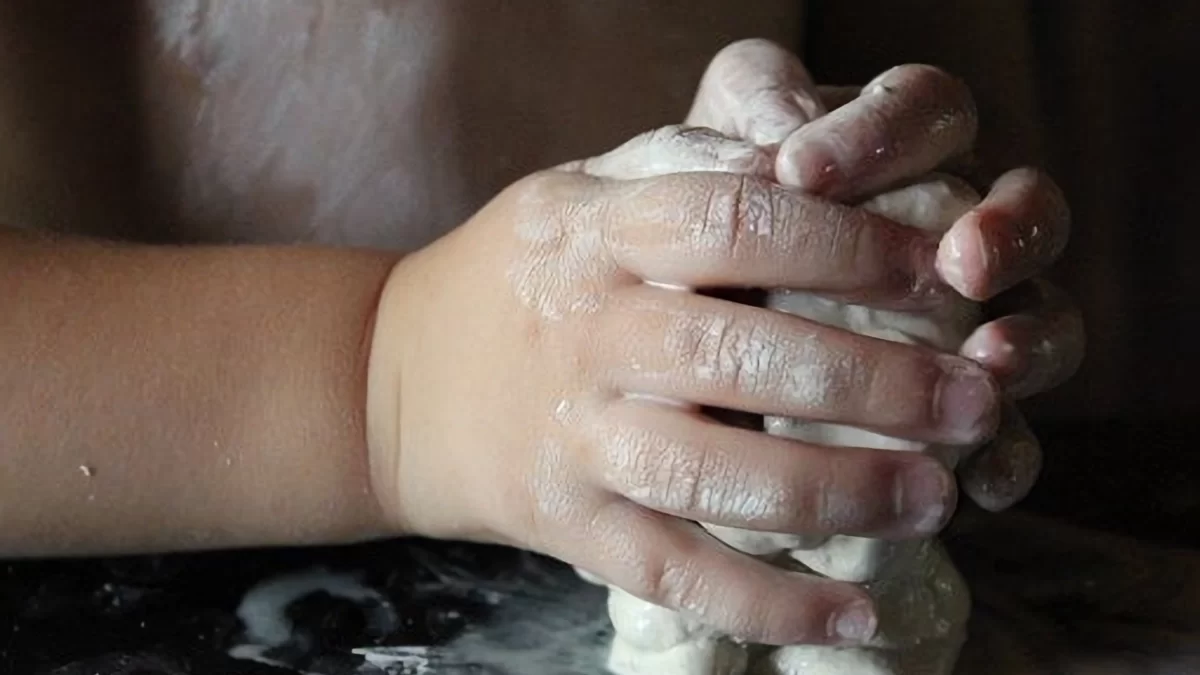9 aspects that help us reflect on our role as parents when it comes to fostering our children's creativity.
Parents treasure within us all that necessary wisdom to enable their children to develop their creative acts. Really, all the resources they need to foster creativity they already have, they are inside them, they just have to be discovered and put into operation.
- Not interfere with our expectations.Parents can make it easier for our children to discover their innate abilities, their treasure, their personal talent, avoiding programming them and interfering with our expectations about them.
- Accompany and listen. If our attitude, as adults, is to accompany and listen to their needs, we will make it easier for them to connect with their desire and need to create. Our attitude is not so much to do with: "What do I have to do as a mother or father?" as with: "How do I have to be", so that they can create freely.
- observe and allow. Children need to express and develop their creative and emotional needs freely and naturally. Observing them and allowing their creative action will improve emotional communication with them.
- Discover our own potentials. If we adopt, both mentally and emotionally, the attitude of learning from them, they can offer us the possibility of rediscovering ourselves with the experience of testing, playing and discovering our own potentials. Sharing your interests and adapting to your pace will enhance empathy and provide us with the opportunity to share emotions.

- Do we limit their initiatives? We must watch if and how we limit their creative initiatives. We have to see if when he wants to do a creative activity, it doesn't seem like a good time to us. By realizing this, we can set aside a time and place for the creative moment, communicate it to him, and stick to it: "How about we eat and then get to it?" We can express our need to him so that he takes it into account and takes responsibility for the situation: «What you propose seems good to me. I just need that, when finished, everything is clean and tidy.
- Better not intervene too much. If we do not intervene excessively in their creative process, we will promote the development of their abilities. innate. On the contrary, if we intervene very actively, we can stop it. Initially, it may seem that he responds well to stimuli, but he may be an 'over-adjusted' child, with a great need to please his parents. In this case, creativity can lose ground in the face of self-demand; that is to say, that the child worries excessively about doing it well and disconnects from his need to create without judgment, as he likes and enjoys.
- What do you need? You have to listen with interest and provide him with what he needs to carry out his creation, establishing some basic rules of caring for yourself and the space, which provide security for him and for us.

- Share the moment. It is very important to create by your side. Let them see us create what we want, as something natural.
- The result does not matter. The process is more important than the result. When the child performs a play or performance and asks: "Do you like it?" asking for approval, we must emphasize the fun of the action, the process, rather than the perfection of the result. The answer should go in this direction: «I love to see you create and enjoy. And you, do you like what you have done? By returning the question, we are telling him that he really has to like what he has done, not us. In this way, we promote self-esteem and confidence in their own possibilities and creative tastes.
